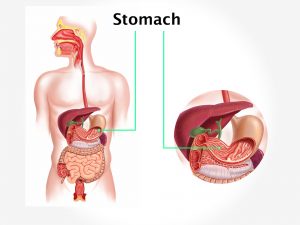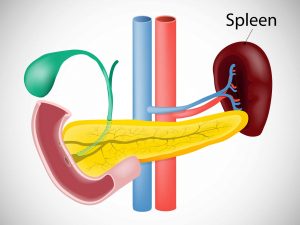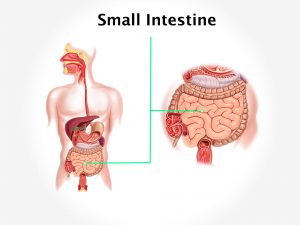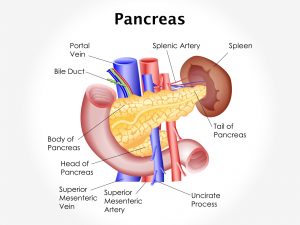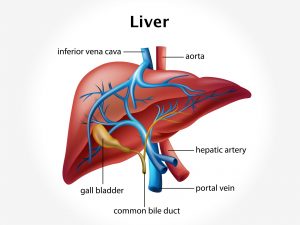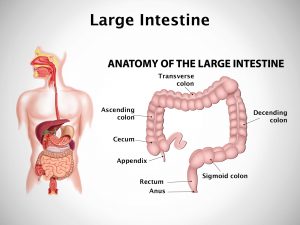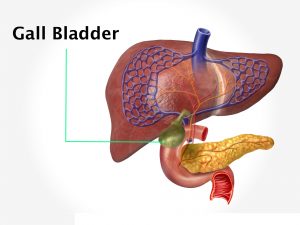Causes and risk factors
Infection of H pylori bacteria spreads through modes like mouth to mouth infection, faeces to mouth, improper hygiene, not washing hands thoroughly after using bathrooms. Risk factors include living in crowded places, impure drinking water, poor sanitation, living in a developing country, contact with person having H pylori infection.
Clinical presentation
Many people infected with H pylori are asymptomatic. Some present with symptoms such as pain in stomach typically when stomach is empty, excessive burping, feeling bloated, feeling sick or vomiting, loss of appetite, loss of weight, diarrhoea, heartburn, bad breath [ halitosis] . Patient may show signs like black tarry stools, fatigue. In advanced cases H pylori infection can lead to gastritis or stomach cancer.
Investigation
Medical history by the patient and Clinical examination by the doctor helps in diagnosis. A blood test to identify antibodies for H pylori, stool test, breath test, tissue biopsy are performed for diagnosis of H pylori infection. A gastroendoscopy may be done to evaluate further.
Treatment
No treatment is required for asymptomatic patients. Treatment involves administration of combination of antibiotics, administration of antacid. Surgery may be required for treatment of ulcers.
Other Modes of treatment
The other modes of treatment can also be effective in treating H pylori infection. Homoeopathy is a science which deals with individualization considers a person in a holistic way. This science can be helpful in combating the symptoms. Similarly the ayurvedic system of medicine which uses herbal medicines and synthetic derivates are also found to be effective in treating H pylori infection.











